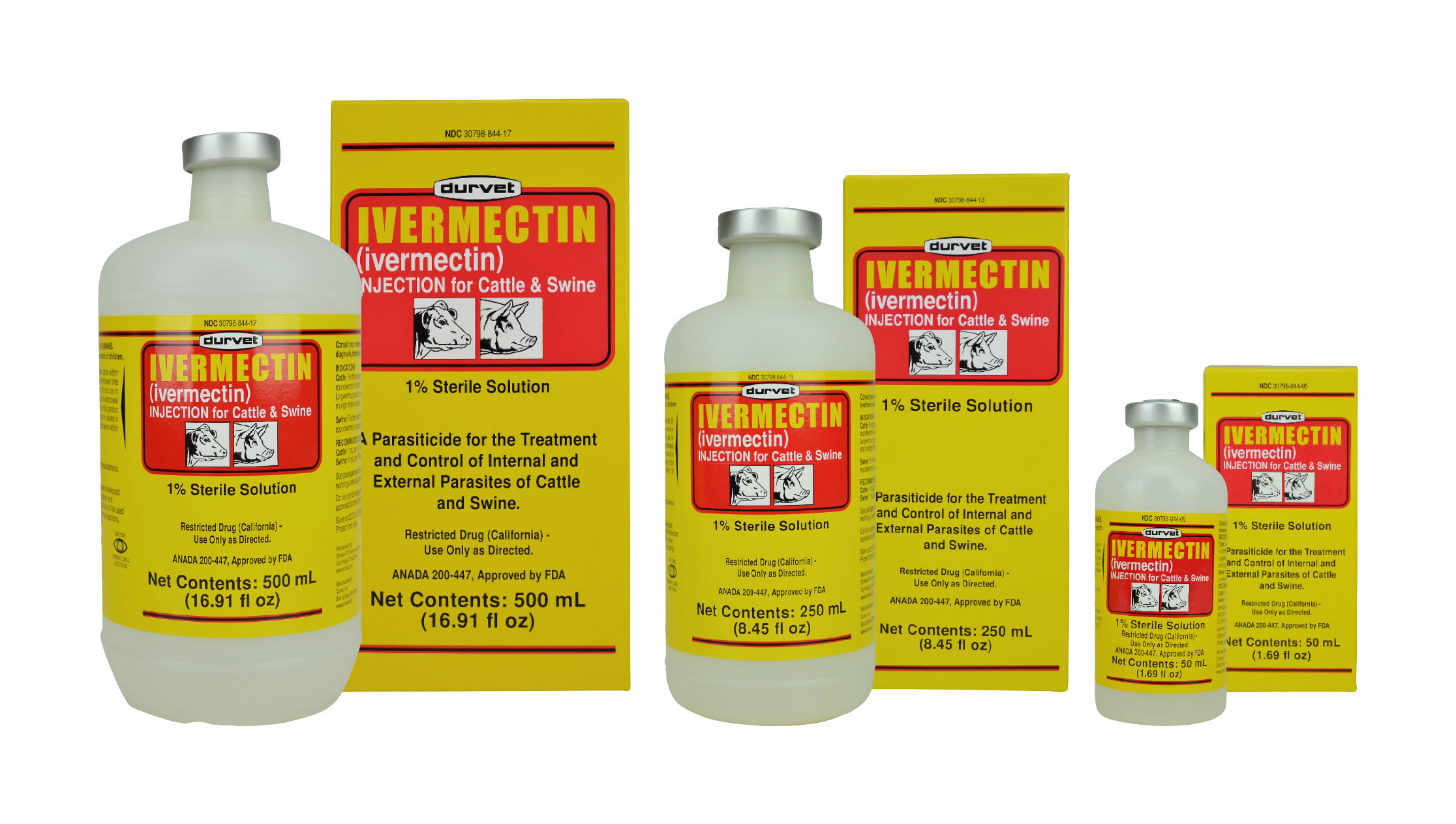RIO DE JANEIRO, BRAZIL – Antiviral options for the treatment of Covid-19 patients are limited. Ivermectin (IVM), a macrocyclic lactone with a broad antiparasitic spectrum, has shown powerful activity against in vitro SARS-CoV-2, according to a study conducted in Argentina and published in The Lancet group’s E Clinical Medicine scientific journal.
Ivermectin is a product best known for its veterinary use. It was developed by Japanese scientist Satoshi Omura, who won the Nobel Prize precisely for this work. It is used in humans in some specific applications, such as in the so-called “river disease,” a parasitosis transmitted by a fly that causes blindness; in filariasis, scabies, and pediculosis.

The potential role of ivermectin against SARS-CoV-2 was first reported in April 2020 when an Australian group published in vitro results. Since then, multiple opinion articles and some studies attempted to understand the significance of those results and the value of ivermectin in Covid-19. Most observational reports suggest potential activity that needs confirmation through randomized controlled trials.
This study -supported by IP-COVID-19-625 grant of the National Agency for the Promotion of Research, Technological Development and Innovation, Argentina and ELEA / Phoenix Laboratory- aimed to assess the antiviral effect of ivermectin on the viral load of respiratory secretions and its correlation with the drug’s plasma concentrations.
The study aimed to assess the antiviral activity of high-dose ivermectin in 45 randomized hospitalized patients with Covid-19 in a 2:1 ratio to standard of care and oral ivermectin at 0.6 mg/kg/day for 5 days compared to standard of care in 4 hospitals in Argentina.
Eligible patients were adults with SARS-CoV-2 infection confirmed by RT-PCR within 5 days of symptom onset. The main outcome was the difference in viral load in respiratory secretions between onset and day 5 measured by quantitative RT-PCR. Ivermectin concentrations in plasma were measured.
Forty-five participants were recruited between May 18 and September 9, 2020. There was no difference in viral load reduction between groups, but a significant difference was found in patients with higher median plasma ivermectin levels (72% IQR 59 -77) versus untreated controls (42% IQR 31-73) (p = 0.004). Median plasma ivermectin concentration levels correlated with viral disintegration rate (r: 0 – 47, p = 0 – 02). Adverse events were similar between groups. No differences were observed in clinical course on day 7 and day 30 between groups.
A concentration-dependent antiviral activity of high-dose oral ivermectin was identified in a dosing regimen that was well tolerated. However, researchers said that large trials with clinical benchmarks are required to determine the clinical benefit of ivermectin in Covid-19.
“Our study provides evidence of antiviral activity of ivermectin against SARS-CoV-2 in patients with Covid-19 through a randomized, controlled, blinded outcome assessor clinical trial with innovative analyses,” the investigators write. “The use of an untreated control group highlights the need for controlled trials and on the dynamics of viral load in the natural history of Covid-19.”
“A concentration-dependent antiviral effect of ivermectin on Covid19 was identified, with significant reductions in SARS-CoV-2 viral load in respiratory secretions among patients who achieved a high systemic ivermectin concentration compared with untreated controls,” they concluded. “These results, which showed no toxicity related to high-dose ivermectin use, provide evidence of antiviral effect and support the development of trials to investigate the clinical implications of our findings. Further investigation of the factors involved in the oral bioavailability of ivermectin is also warranted.”
For the time being, ivermectin – which is not approved by ANMAT (National Drugs, Food and Medical Technology Agency) – should only be administered within clinical trials on Covid-19 until there is further evidence, as recommended by the World Health Organization after a review of the published studies. In Latin America, there are cities and medical professionals recommending the drug to coronavirus patients. But the health regulator considered that more evidence on its efficacy and safety is still required.
W.H.O. experts reviewed pooled data from 16 randomized controlled trials (with a total of 2407 participants), which included both inpatients and outpatients with Covid-19. They found that the evidence on whether ivermectin reduces mortality, need for mechanical ventilation, need for hospital admission, and time until clinical improvement in patients with Covid-19 is of “very low certainty,” due to limited trial data samples and methodological limitations.
In addition, the European Medicines Agency (EMA) advised against the use of the drug in the prevention or treatment of coronavirus outside of controlled clinical trials a few months ago. The EMA concluded that “the available data do not support its use for Covid-19 outside clinical trials,” the Amsterdam-based agency said in a statement. “Further studies are required to draw conclusions on the product’s efficacy and safety in the prevention and treatment of Covid-19.”

